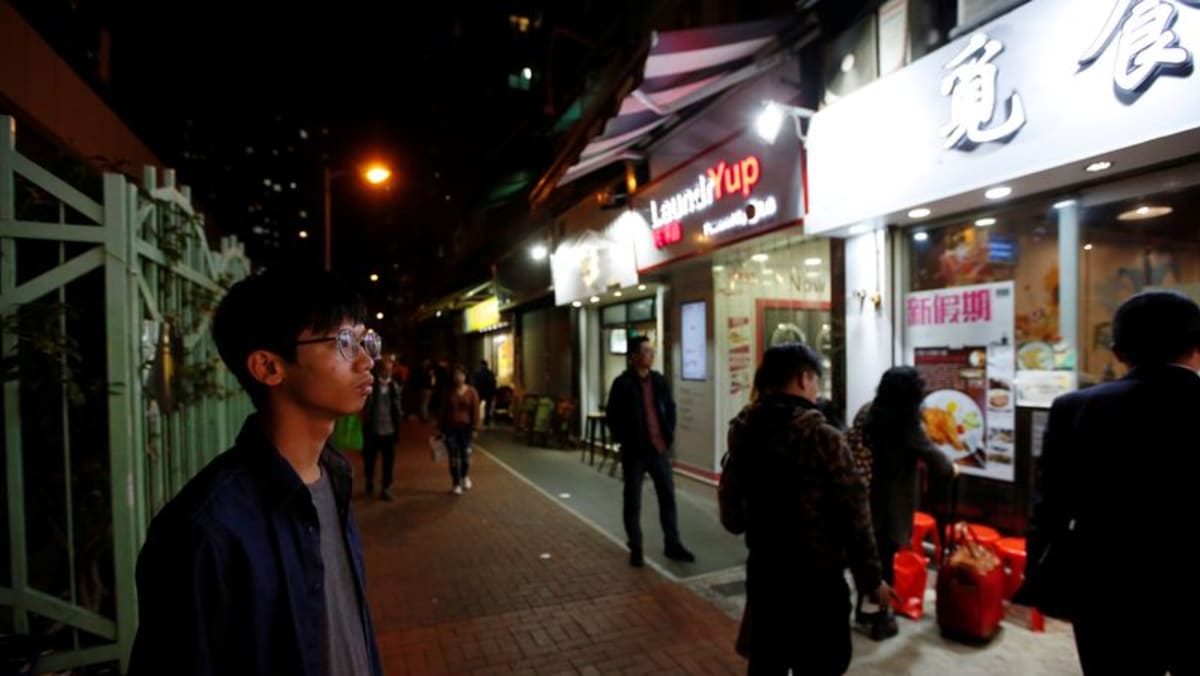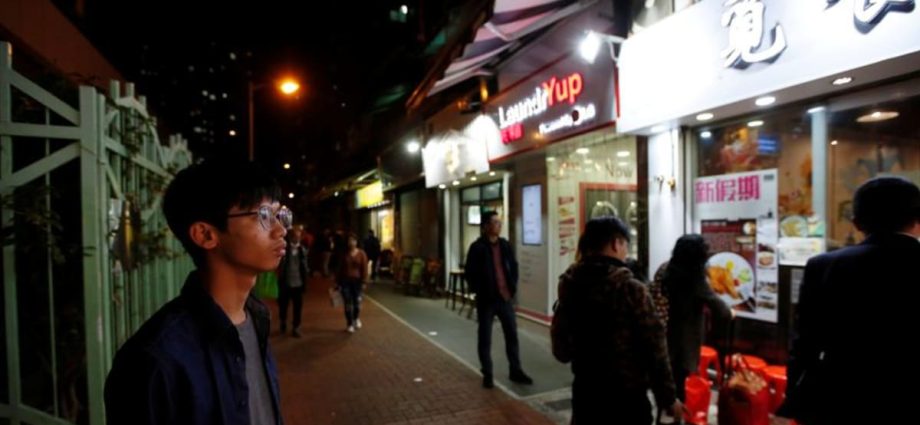
The former leader of a Hong Kong pro-independence group says he received up to HK$3,000 from security officers per meeting to become an informant when he was released from jail in June before he fled to Britain and sought political asylum.
In November 2021, Tony Chung, who was then 20, was sentenced to 43 months in prison for trying to separate the city from China, and for money laundering. Chung was charged with secession under a sweeping national security law imposed by China in 2020 and denied bail. He pleaded guilty.
He said on Thursday (Dec 28) he fled to Britain after he was freed and had formally applied for political asylum.
Reuters couldn’t independently confirm key aspects of Chung’s version of events, including whether the financial transaction took place, what Chung disclosed to authorities and whether any other activists were also allegedly offered money to be informants.
The Correctional Services Department and Hong Kong Security Bureau did not respond to a request for comment.
At a regular press briefing on Friday, a spokesperson for the Chinese Foreign Ministry in Beijing, in response to a question on Chung, said that those who try to evade legal responsibility will be pursued. The Hong Kong Correctional Services Department said at a press conference they will liaise with relevant authorities to put Chung on a “wanted list”.
Beijing imposed the national security law on the Asian financial hub in 2020 after months of anti-government protests. The law punishes acts including subversion, secession and collusion with foreign forces with up to life in prison.
Chung told Reuters in a video call he was offered between HK$500 and HK$3,000 by national security officers to become an informant and was closely monitored and visited by authorities after his release from Tai Lam Correctional Institution.
“They basically didn’t give me a choice. I feel like they wanted to test whether I am willing to cooperate and surrender to them,” Chung said.He said he accepted money, in cash, because he felt he had no choice but to become an informant, adding that he provided insignificant information. As a result of being paid in cash he said there was no bank documentation of the transaction.

